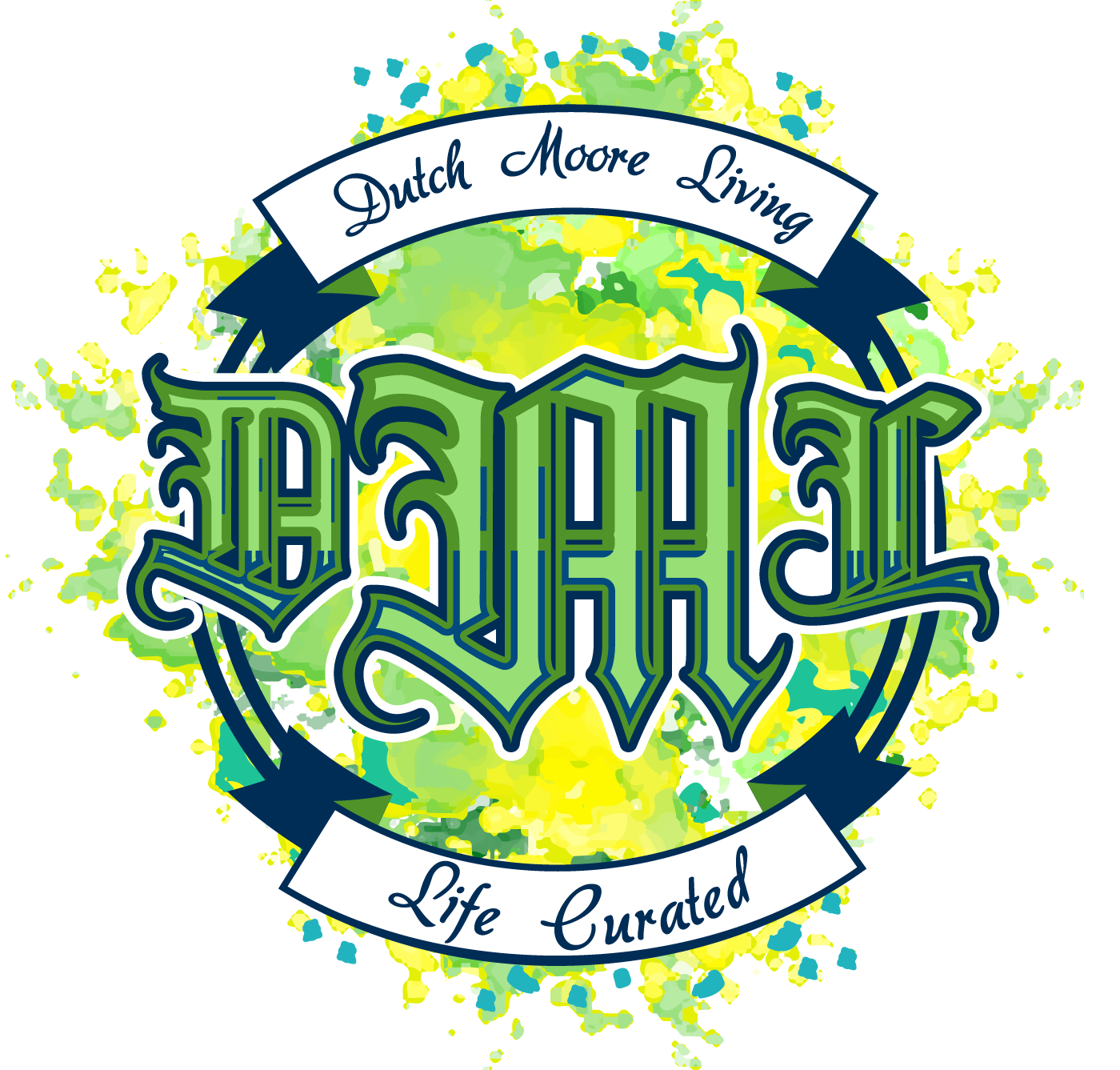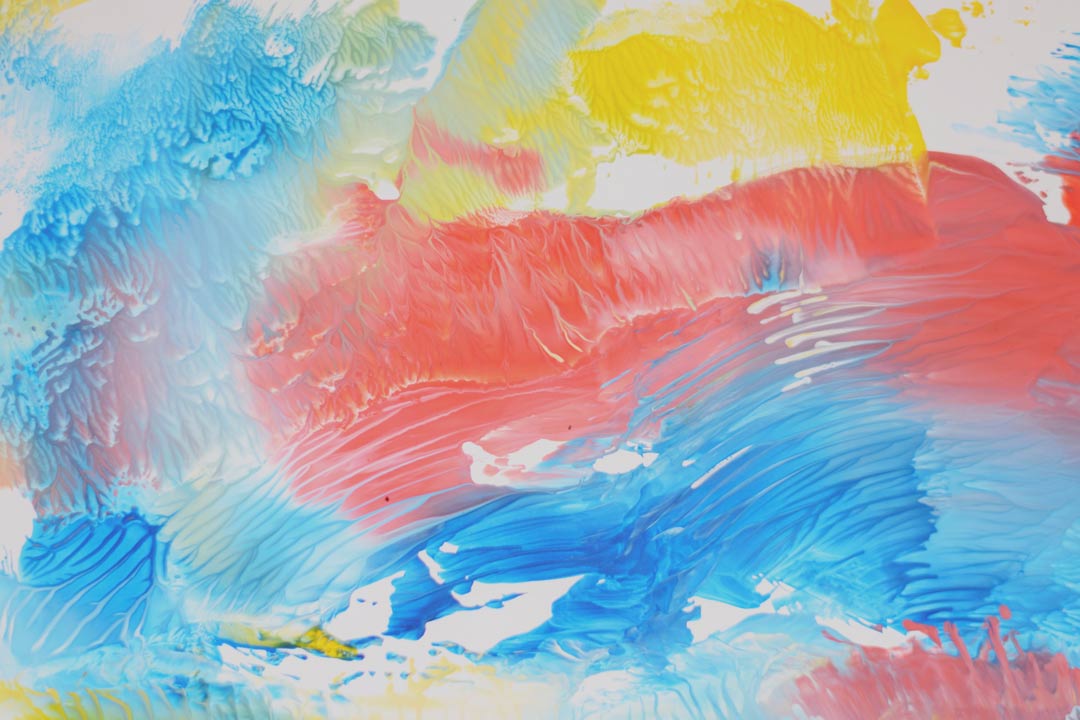As children, we long to belong. Groups, friendship circles, and even our own families are bonding opportunities meant to bring us together with people like ourselves. But not everyone always feels included by those around them.
Religion, physical attractiveness, popularity, political beliefs, and financial status are all things that can change relationship dynamics. But what happens when change, stemming from a hidden truth, causes a revolutionary shift in one’s circle of belonging?
In a previous article, I mentioned a diagnosis that changed my life. As I write this article in April, Autism Awareness month, I realize how appropriate and serendipitous my timing is.
About two years ago, I decided to take a journey into the unknown and was tested for ASD, Autistic Spectrum Disorder. After a strange and enlightening encounter with colleagues who deemed impossible an assignment that I was performing independently without help, I realized there was something very different about me.
In a follow-up discussion with a counselor, he agreed that the pursuit of truth behind some of my behaviors, abilities, and mannerisms was well worth the effort. Within a year, I was diagnosed with Aspergers, a high-functioning form of autism, and ADHD.
While I always suspected the attention disorder, I was not expecting ASD confirmation. However, rather than being angry about it, surprisingly, I was relieved. Decades of brain-to-body misfires, my inability to perform simple, normal tasks while spelling multi-syllable words at the age of four and having a grasp of concepts and philosophies, it was clear to me that I was not like my peers. The source of my oddness was identified.
It might be natural to think news such as this would be a shock to the system, frustrating or disappointing. However, for an undiagnosed adult, the outcome provides peace and understanding which eluded me for years. Being diagnosed changes one’s flow, permitting going with the brain’s wiring instead of working against it in an effort to be normal. This attempt to normalize autistic behavior is known as masking, and it is exhausting.
Masking is a constant state of fight or flight, working to protect one’s secret self from leaking out into the world for all to see and judge. Without an explanation as to why we do what we do, autistics and our peers, are simply left to believe there is something different (weird) about us. Therefore, we work to normalize ourselves to fit in and not stand out.
All that stopped for me when I received my diagnosis. Rather than draw close the curtains and throw myself a pity party, I chose to immerse myself in the research while giving myself a year to heal my brain and my body as I taught myself new patterns, routines, and skills to support, not work against, my Aspergers.
The results have amazed even me. I am calmer and able to express myself diplomatically without restraint. I speak more openly and authentically and stutter less frequently.
I also say, “No” more often to things and people who are not good for me. Taking time to be alone for recharging is a top priority now. While I continue to remain very busy, I focus on things that matter to me rather than sacrificing my pursuits for those of others. No means no and those two letters are some of the most powerful of the alphabet. Being alone allows me to self-soothe and recover from stressful situations from the day.
My cortisol levels are down as is my nervousness and anxious worrying, and my quality of sleep is up. I have a peace in my heart and a stillness in my mind that I have never known.
Embracing diagnosis is not easy for everyone. Some adults become angry, shut down, and in some cases, lose their faith. I, on the other hand, became closer to my Creator and more faithful in my spiritual practice. My life now makes sense and I understand my internal design and why I was built this way.
The progress I’ve made in the last year, in which I gave myself permission to drop down a few gears and heal, has changed me for the better. My circle may be smaller, but it is just the right size for me, and those who are in it will tell you that while they recognize I am different, they love me all the same.
I’ll be writing more on neurodivergence in future articles as helping others, like me, through their diagnosis has become my passion calling. No one should remain locked in the prison of their own mind, not knowing they have always had the key.

